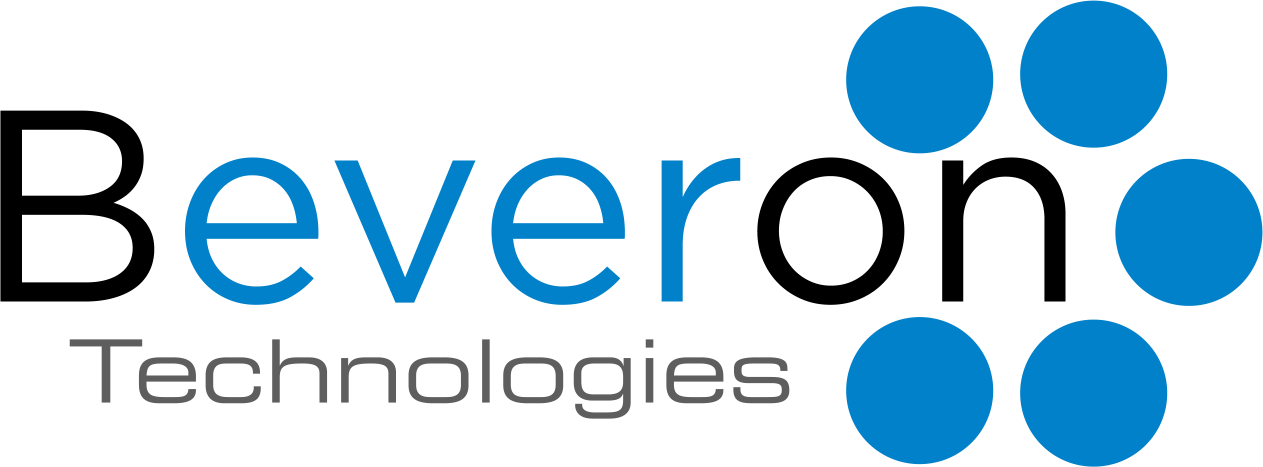Technology advancements in legal domain that every lawyers should know

What is the advantage of having technology advancement in best legal analytics software in Dubai?
The technological development in legal analytics software in Dubai brings forth a multitude of advantages for the legal industry. Firstly, it enhances the efficiency of legal processes by automating repetitive tasks, allowing legal professionals to focus on more complex aspects of their work. Additionally, it provides data-driven insights into legal trends, case outcomes, and precedents, empowering lawyers with valuable information for strategic decision-making. The use of advanced analytics also improves the accuracy and speed of legal research, saving time and resources. Moreover, technological advancements in legal analytics contribute to a more transparent and accountable legal system, fostering trust and confidence in Dubai's legal environment. Overall, the integration of technology in legal analytics positively impacts productivity, decision-making, and the overall effectiveness of legal practices in Dubai.
What are the technological advancement in legal domain?
Not keeping up with emerging technologies related to the legal world is a bad strategy that can end up affecting your competitiveness and therefore your income. We are talking about technologies that many legal departments of companies are beginning to incorporate into their work processes and large law firms include in their offers to take cases. That is why you should not ignore them or be afraid of them.
Artificial intelligence (AI): It is, without a doubt, the most fashionable word when it comes to technologies that affect the legal world. It means machines replicating cognitive (thinking) function. Law, as a thinking people profession, is full of opportunities for this technology that can help you improve what you do and the service you provide. Some elements of AI have been around the legal profession for years, but it is now that it is beginning to spread. AI can read all documents instantly to gain insight into what they are about the most. beyond its title to offer you those that are most relevant even if they do not contain the search term you have used.
Big data: The raw material that underlies when we talk about this technology is data. And for the data to be useful, it must be abundant, digitized, and ordered. Unfortunately, most operators in the legal sector continue to work with paper or scanned images of the paper, which means that any type of data that these documents contain will not be searchable or cross-referenced with others. One technology that law firms need to use better is that aimed at having large amounts of data but which are usable and exploitable. This implies the use of tools that allow data to be digital and structured in such a way that it is contextualized according to the needs of the end-user.
Machine learning: Machine learning is a type of use of Artificial Intelligence. Systems based on artificial intelligence can learn from their mistakes. For example, if you are doing a search and you do not like the results that the system returns, it will remember it and improve its accuracy the next time. If there are thousands of users looking for that improvement, it will be much greater. The system will not forget what you have taught it unless you order it to forget it. Machine learning can help improve efficiency in several areas. For example, proofreading tools can review a draft contract for errors and achieve much higher levels of efficiency than a lawyer would, and in much less time.
Blockchain: Blockchains are very interesting for lawyers. Blockchains do not need intermediaries in such a way that they can allow people who do not have the knowledge or authority of notaries or lawyers to exchange goods without such professionals. They also offer unalterable digital records. For example, a company can prove the legal origin of diamonds by registering the origin and owner of the diamonds. So even if a diamond is fractioned, stolen, or sold on the internet, once it is recovered it can be identified thanks to the blockchain.
Chatbots: You have probably used a chatbot to update your phone or fix a technology problem. It is that kind person who attends you from the help chat windows of many web pages. You may not know that it is not about people but about computer programs that use Artificial Intelligence. It is not a novelty that computers can express themselves in natural language. They have been doing this in one way or another since Steve Jobs made his first Macintosh say hello in 1984. What's new now is that programs can learn extremely quickly from their interactions with us and adapt their troubleshooting techniques to provide the correct solution to complex problems.
Which is the best legal analytics software in Dubai?
Smart Legal Counsel stands out as the premier legal analytics software in Dubai, offering unparalleled advantages for legal professionals and firms. This sophisticated software harnesses advanced analytics to provide valuable insights into legal trends, case outcomes, and precedents specific to the Dubai legal landscape. Its user-friendly interface and powerful features streamline legal research, enabling professionals to access accurate and relevant information swiftly. Smart Legal Counsel's robust analytics capabilities empower lawyers with data-driven decision-making, enhancing the strategic approach to legal matters. With a focus on transparency, efficiency, and precision, Smart Legal Counsel proves to be an indispensable tool for navigating the complexities of Dubai's legal environment, making it the top choice for legal analytics solutions in the region.
Best legal analytics software in Dubai
best legal analytics software in UAE
best legal analytics software in Qatar
If you need free demo on best legal analytics software , please fill the form below










